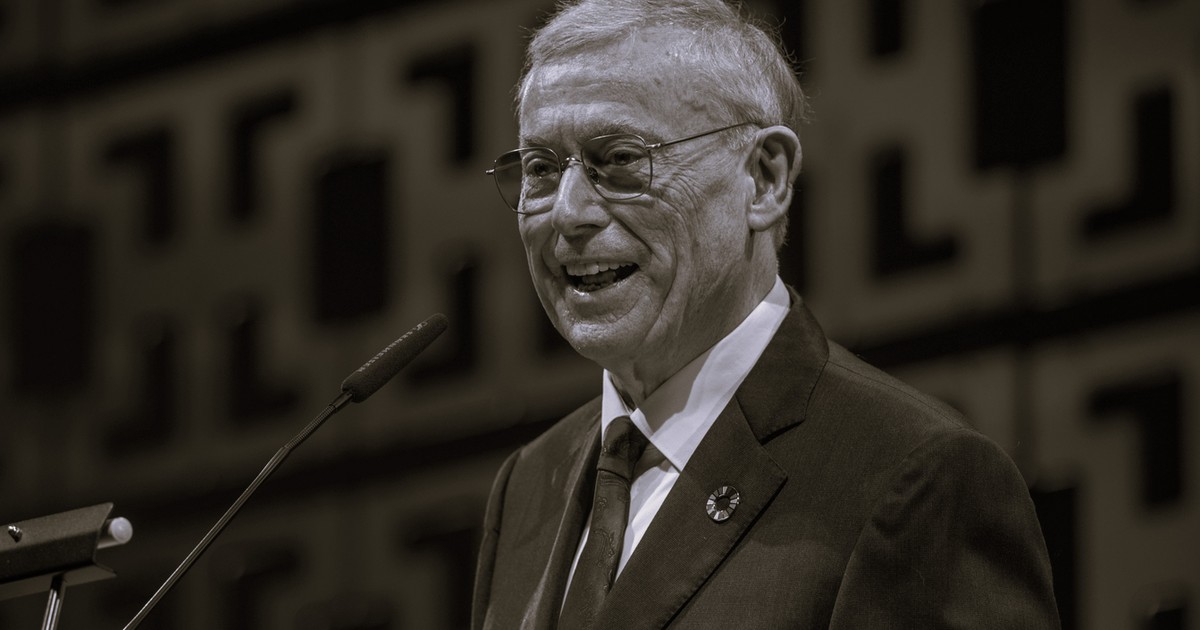

Horst Koehler He was the first German president to be not a professional politician. By education an economist, he began his career in 1976 in the Ministry of Economy. He became Secretary of State in the Ministry of Finance in 1990. In 2000, he assumed the position of Head of the global Monetary Fund.
President and resignation of Horst Koehler
The 2010 resignation decision was a step without precedent in German history. The direct origin was media criticism following a radio interview in which president Koehler justified Bundeswehr's engagement in abroad missions by the necessity of defending German economical interests. Critics accused him that he thus, in their opinion wrongly, justified the presence of German soldiers in Afghanistan. In consequence to a wave of criticism that he felt damaged the image of the office, Koehler resigned.
Chancellor Angela Merkel pushed Koehler's candidacy, reasoning she would have a "obedient partner" in the presidential palace. In fact, the head of state acted independently, frequently exposing himself to criticism of the government.
Koehler paid much attention — especially as the head of the IMF — to Africa, seeking equality between the continent and Europe.
Horst Koehler is dead. In the first abroad visit he went to Poland
He attached large importance to relations with Poland. After his election as president in 2004, he first went to Warsaw and then to Paris, breaking up with a long-standing tradition. He did the same after re-election in 2009. "I want to signal that Poland is at my heart," he said during a joint press conference with president Lech Kaczyński.
Koehler was born on 22 February 1943 in Skierbieszów close Zamość, on the territory of Poland occupied by Germany during the war. His household was displaced from Besarabia as part of the 3rd Reich's population exchange and Germanization of occupied areas. Germans from South-Eastern Europe were settled in place of Poles expelled from Zamość.
The Koehler household lived in Skierbieszów for over a year; then fled the upcoming russian army.
After leaving office, Horst Koehler visited his hometown. He placed flowers under a plaque commemorating the displacement of the inhabitants by the Germans during the war, met with local governments, youth and combatants. “My individual communicative began in Skierbieszów and that’s why I had to go back to this place,” he said.












